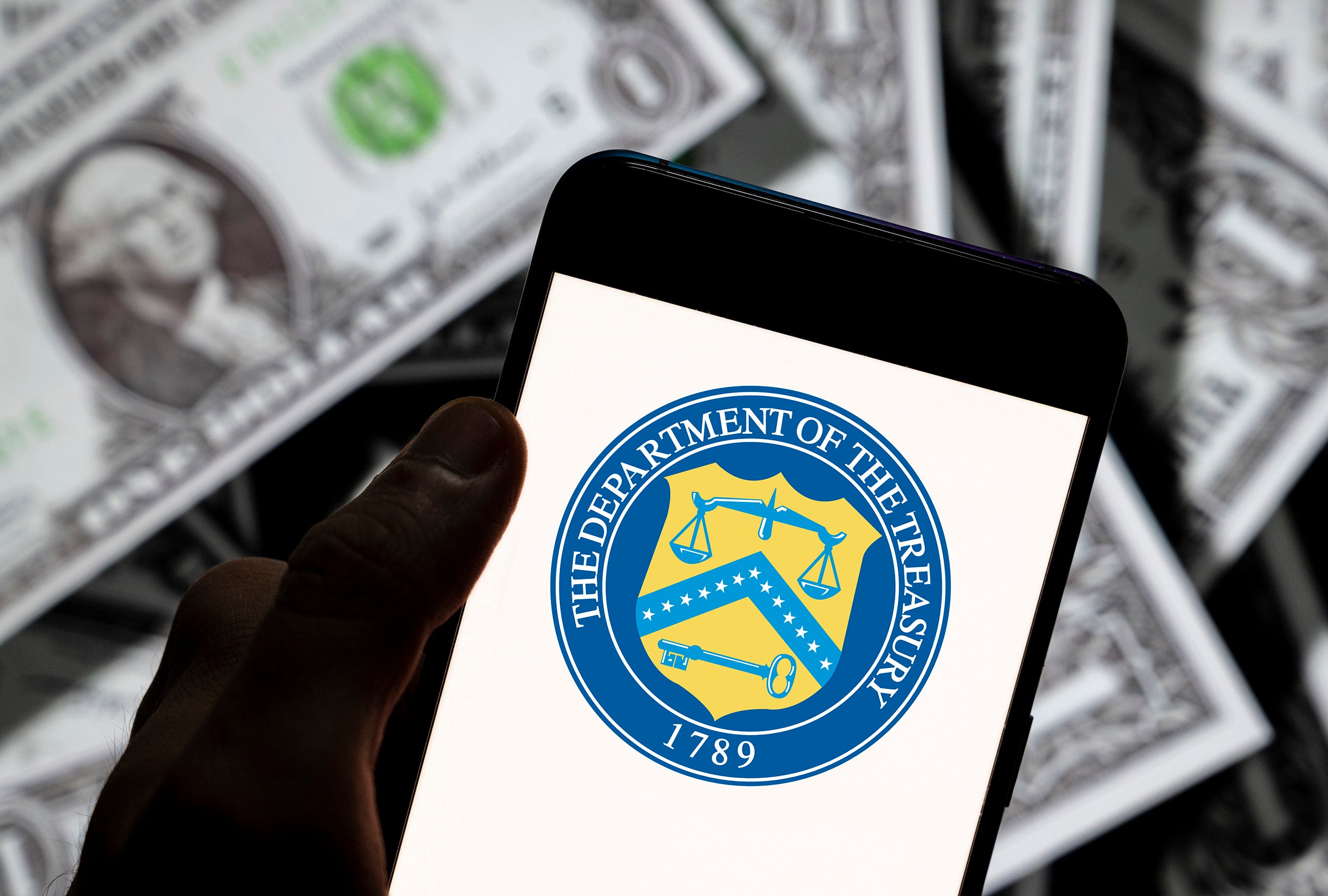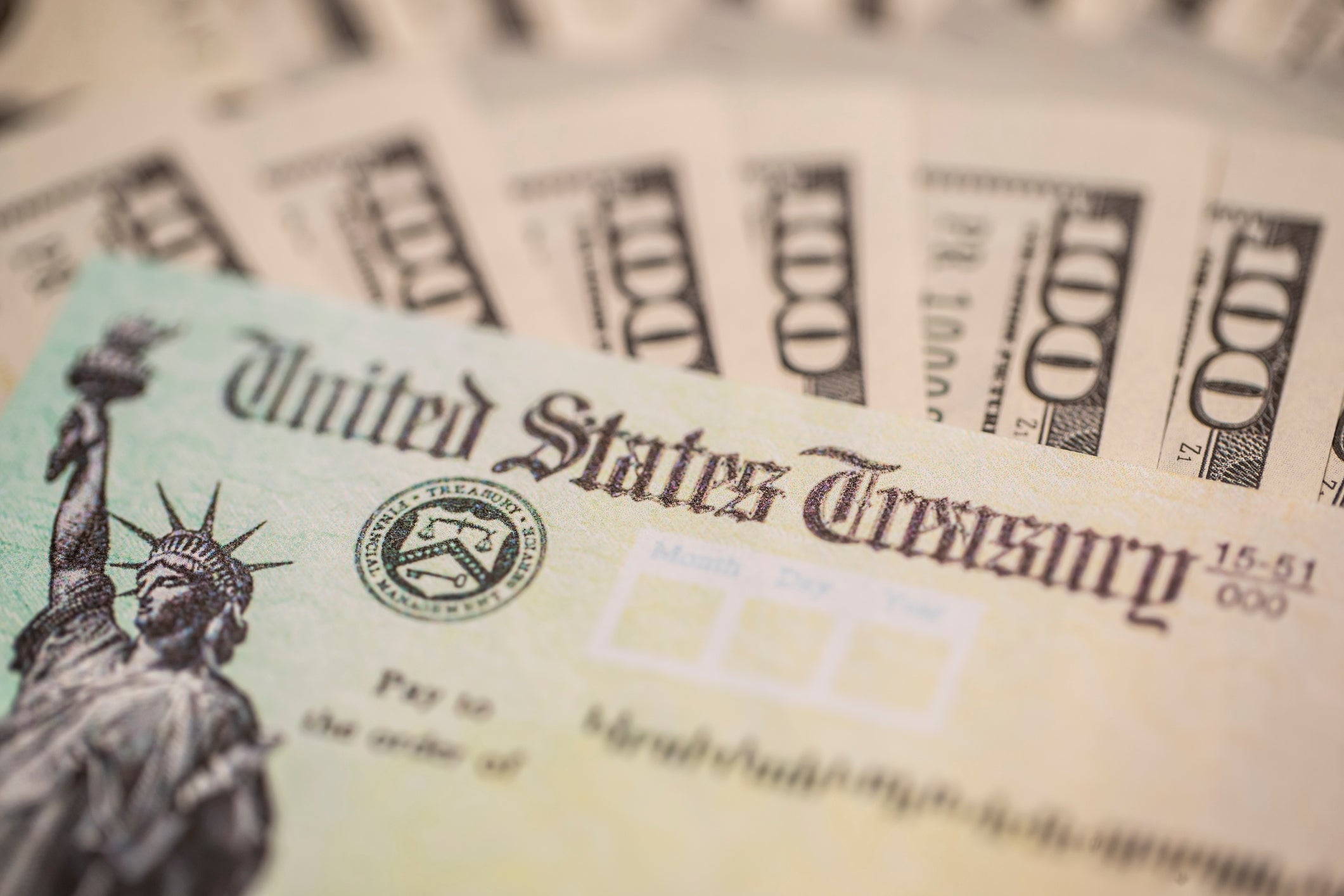People
Howell Jackson
-
FTX charges may do little to bring law to crypto Wild West
December 15, 2022
The cascade of legal charges dropped on Sam Bankman-Fried and his collapsed empire this week will do little to dispel the regulatory fog surrounding crypto.
-
Don’t Let the Crypto Winter Go to Waste
September 20, 2022
The cryptocurrency market has granted US policy makers the opportunity of a lifetime. Less than a year ago, it was on the verge of becoming…
-
Take the money and run
September 12, 2022
Six months after cryptocurrency won the Super Bowl ad game, Harvard Law Professor Howell Jackson proposes a way to stabilize the now swooning industry.
-
Advocates for a digital dollar in the U.S. point to many possible benefits of such a currency, saying it would lead to greater financial inclusion, allow for a more efficient distribution of government benefits and provide a faster and cheaper way to send money overseas. But the issue of whether to have a digital dollar is far from settled, although it may have received a boost earlier this month when President Joe Biden issued an executive order that asked federal agencies to study the issue. ... A report earlier this month from the Brookings Institution written by Tim Massad, a former chairman of the Commodity Futures Trading Commission, and Howell Jackson, a Harvard Law School professor, said that instead of getting the Fed involved, “the Treasury Department could, relatively quickly, create digital accounts to provide payment services that would be especially valuable to unbanked and underbanked individuals.”
-
In recent paper, Howell Jackson and Timothy Massad propose that the U.S. Treasury Department implement a new mechanism to improve financial services for financially vulnerable households and expedite delivery of government benefits.
-
The Treasury Option: How the US can achieve the financial inclusion benefits of a CBDC now
March 10, 2022
A paper co-written by Howell Jackson: As public debate heats up over whether the United States should create a central bank digital currency (CBDC), there is another option that deserves consideration: Treasury Accounts. The Treasury Department could, relatively quickly, create digital accounts to provide payment services that would be especially valuable to unbanked and underbanked individuals. These accounts might not possess all the technological advances of a full-blown CBDC, but they would be much easier to establish and could be implemented now under existing statutory authority. Importantly, Treasury Accounts could immediately improve access to financial services for the millions of Americans who have limited access to banking services today and also greatly facilitate the distribution of federal benefit programs to all Americans. Treasury Accounts are not an alternative to CBDCs but rather a faster, easier way to achieve some of the primary objectives of those who favor creating a CBDC.
-
Biden Lags on Plan to Forgive Student Debt, Frustrating Supporters
February 2, 2022
Joe Biden said during his presidential campaign that he would reduce student debt for millions of Americans, but his allies remain divided on the issue, and some of his supporters are losing hope he will deliver. ... “Administrative agencies have more latitude” with courts when they go through the regulatory process, said Howell Jackson, a Harvard law professor.
-
The Crypto of the Realm
January 31, 2022
A Harvard Law class explores possibilities for a U.S. central bank digital currency, which would be sheltered from the wild fluctuations in value for which crypto is known.
-
Calls for student loan forgiveness expected to intensify as Biden’s legislative agenda stalls
January 10, 2022
President Joe Biden’s ambitious social spending and climate-change package of legislation, the Build Back Better Act, appears unlikely to pass as originally written after the moderate West Virginia Democrat Sen. Joe Manchin declared his opposition in the days before Christmas and reiterated this week that there are no ongoing discussions over the bill. ... But there are few other policies that could motivate Biden’s base more than student loan forgiveness, given that voters with college degrees support Biden as president in much greater numbers than voters without degrees. ... “Everybody agrees that the Secretary of Education is empowered to make adjustments on federal student loans,” wrote Howell Jackson, a Harvard University law professor in an April article in the Regulatory Review. “The debate turns on the precise meaning of provisions of the Higher Education Act of 1965 which confer upon the Secretary the power to ‘consent to modification’ of, and to ‘compromise, waive, or release,’ amounts due on certain student loans.”
-
Reading the law
November 10, 2021
Harvard Law School’s upper-level reading groups give students the opportunity to dig into unique subjects connected directly — or not — to the law.
-
Treasury report calls for stricter oversight of stablecoins
November 8, 2021
The Biden administration is calling on Congress to pass legislation that would strengthen government regulation of stablecoins, a form of cryptocurrency that has soared in popularity in the past year. ... Until Congress acts, the working group said that the Financial Stability Oversight Council, a broader collection of financial regulators responsible for spotting risks to the financial system, could coordinate steps to protect investors and oversee stablecoin issuers' reserves. “It would force them into the regulatory perimeter, which is the thing that most people think is appropriate,” said Howell Jackson, a financial regulatory expert at Harvard Law School.
-
The U.S. Treasury is Worried About Stablecoin. Here’s Why
November 2, 2021
The Biden administration is calling on Congress to pass legislation that would strengthen government regulation of stablecoins, a form of cryptocurrency that has soared in popularity in the past year. In a 22-page report issued Monday, the Treasury Department and several other regulators said the legislation should require that stablecoin issuers become banks, which would potentially subject them to a wide range of rules, including those requiring that banks hold sufficient cash reserves and implement measures to prevent money laundering and other illicit activities. ... Until Congress acts, the working group said that the Financial Stability Oversight Council, a broader collection of financial regulators, could coordinate steps to protect investors and oversee stablecoin issuers’ reserves. “It would force them into the regulatory perimeter, which is the thing that most people think is appropriate,” said Howell Jackson, a financial regulatory expert at Harvard Law School.
-
‘A huge crisis that we’ve never experienced before’
October 7, 2021
Harvard Law Today recently spoke with Harvard Law School Professor Howell E. Jackson about what could happen if the United States defaulted on its debts for the first time in history.
-
What will happen if the U.S. blows through the debt limit?
September 28, 2021
As lawmakers on Capitol Hill make their ways through the infrastructure bill and the $3.5 trillion spending bill, two potential scenarios are haunting the negotiations. ... Those at the Federal Reserve and Treasury Department probably are scrambling to prepare what-if scenarios, according to Harvard law professor Howell Jackson — like prioritizing debt or paying everyone really slowly. “But I should emphasize that we really don’t know how it would work and whether they should do it,” Jackson said. “And I think it’s important for everyone to recognize that this is very dangerous territory.”
-
Payment deferrals were a lifeline for millions during Covid. What happens when those end?
March 29, 2021
The federal government's response to Covid-19 has allowed millions of Americans to defer payments on their mortgages, rent, student loans and utility bills. But as more people are vaccinated and the country sees a return to normal life on the horizon, payments on trillions of dollars of those debts could resume soon, even if debtors remain out of work or in financial distress because of the economic crisis the outbreak wrought... "As the pandemic winds down, there is a lot of debt overhang: deferred rent, deferred mortgages, deferred student loans. We've basically been living in suspended animation until the pandemic ends," said Harvard Law School professor Howell Jackson, an expert on financial regulation and consumer protection who was a visiting scholar at the CFPB from 2013 to 2015. "And at some point there is going to be an extraordinary number of people out there who are very vulnerable with debt, and we are going to have major debt collection issues," he said. "We have already seen issues during the pandemic with payday lenders." ... Jackson of Harvard said many debts also have statutes of limitation and become invalid after a certain period of time. "It's critical to make sure consumers know they have rights in this area," he said. "There are a lot of substantive protections in the debt collection space."
-
Helping the financially vulnerable find stability
March 25, 2021
Last year, Harvard Law Professor Howell Jackson and students in his FinTech class worked with a national nonprofit to help the United Parcel Service create an emergency savings program for 90,000 of its nonunion workers.
-
‘A cop on the beat again’: Biden looks to reassert consumer watchdog agency sidelined by Trump
March 23, 2021
The Biden administration is working to reassert the government's top consumer watchdog, which was sidelined by President Donald Trump, just as the U.S. economy is showing signs of revving up. The Consumer Financial Protection Bureau, or CFPB, hollowed out and politicized under Trump after his administration failed to eliminate it outright, is a regulatory agency created by former President Barack Obama in response to the last economic crisis. Democratic lawmakers, consumer finance experts and former CFPB employees say the groundwork is being laid for it to re-emerge as the aggressive enforcement entity it was originally envisioned to be, at a time when millions of Americans face unprecedented financial hurdles resulting from the pandemic...Harvard Law School professor Howell Jackson, an expert on financial regulation and consumer protection who was a visiting scholar at the CFPB from 2013 to 2015, said aggressive enforcement of fair-lending statues is one area in which the agency can make a big difference. That would include making sure credit and equity are available to low-income consumers and minorities and ensuring that the emerging financial technology sector is working in a way that benefits those groups, he and other experts said.
-
David Cope: 1948-2021
March 5, 2021
A brilliant intellect and devoted, compassionate teacher, Harvard Law School Lecturer on Law David Cope taught at the school for more than 20 years.








